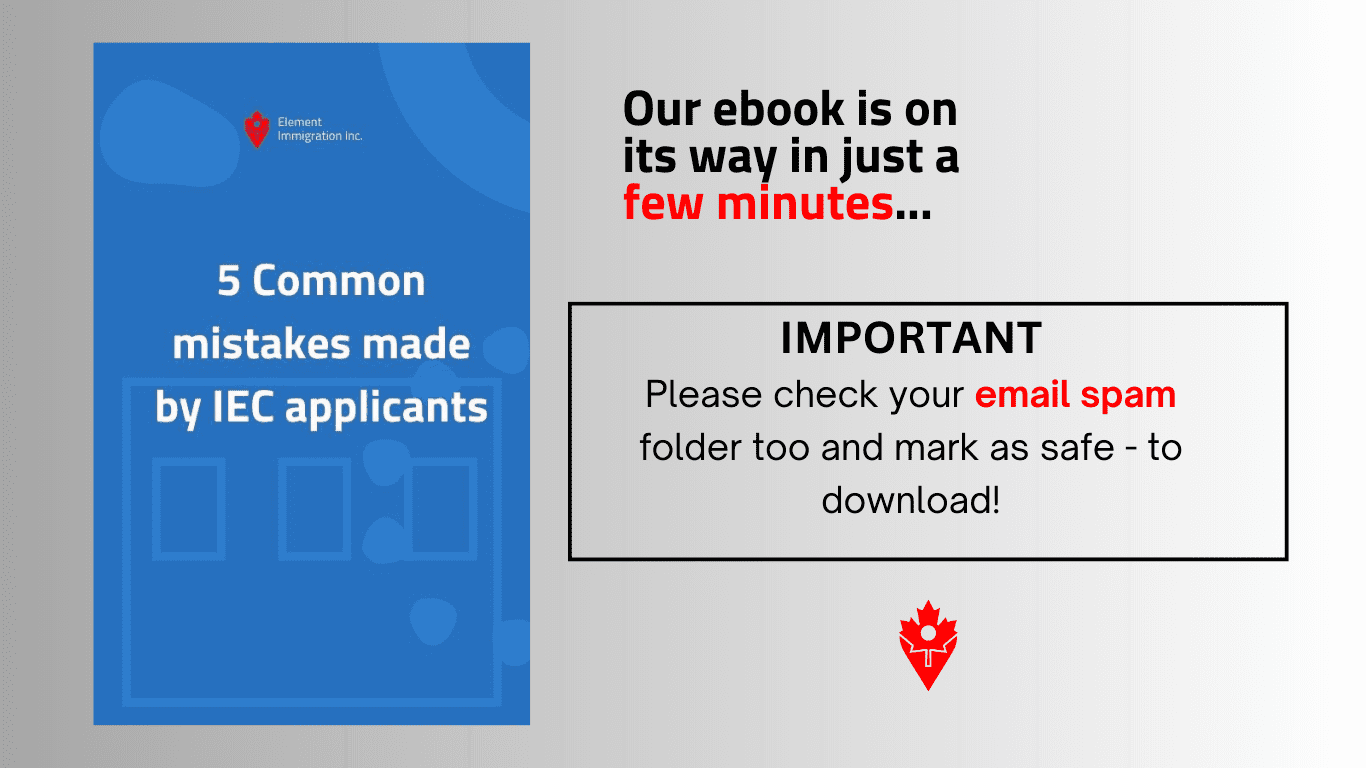
Let's Connect
Canada’s public schools have been accepting international students since the 1980’s and have well-developed infrastructure and support including ESL (English as a Second Language) instruction and carefully supervised home stay programs. Almost all public schools are co-educational and accept international students for high school graduation programs or for shorter stays of weeks, months or a year or two. Many elementary schools also accept young students for short term and full-year programs.

Benefits of studying in Canada
While studying in Canada, International Students in Canada may also:
- Work for up to 20 hours per week while in school, and on a full-time basis during school breaks;
- Obtain a Post-Graduation Work Permit (PGWP) for the equivalent duration of the studies once the program is successfully completed, allowing students to remain in Canada for many years before becoming a permanent resident;
- Bring an accompanying spouse or common-law partner to Canada on an open full-time work permit, allowing him or her to work for any employer;
- Bring accompanying minor children to study in Canada at the same rate that Canadians pay; and
- Become eligible for Canadian permanent residence, either through a Provincial Nominee Program (PNP), Quebec’s element immigration system or through the Express Entry element immigration selection system.
Eligibility requirements to obtain a Canadian Student Visa
- You must have a letter of acceptance (LOA) from a Designated Learning Institution (DLI) in Canada. Finding a school is the first step in the process of becoming a student in Canada. No matter what your educational goals, Canada has the school for you. Finding the right school, and securing admission, is necessary for obtaining a study permit.
- You must be able to prove that you have enough money to pay for your: tuition fees, living expenses for yourself and any family members who accompany you, return transportation for you and any family members who accompany you.
- You must be a law-abiding citizen with no criminal record.
- You must be in good health and willing to complete a medical examination
- You must score a required CLB level in English proficiency test (IELTS, CELPIP, TOEFL etc.)
- You must satisfy an element immigration officer that you will leave Canada when you have completed your studies.
Student Direct Stream (SDS)
Some international students can get their study permits faster by using the Student Direct Stream. The SDS program currently serves residents of India, China, Philippines, and Vietnam.
Eligibility requirements Student Direct Stream
For a Canadian study permit through the SDS program, prospective applicants must
- Have a letter of acceptance from a Designated Learning Institution (DLI) in Canada;
- Have a confirmation document for the applicant’s upfront medical exam;
- Have a proof of Guaranteed Investment Certificate (GIC) of $10,000 CAD
- Pay the tuition fees for the first year of study; and
- Have a language test results demonstrating an NCLC 7 for French.
Citizens of one of the countries listed above cannot be residing in another country at the time of applying for a study permit through the SDS program.
Universities and colleges in Canada
British Columbia Emily Carr University of Art + Design | Kwantlen Polytechnic University | Royal Roads University | Simon Fraser University | The University of British Columbia | Thompson Rivers University | Trinity Western University | University of Northern British Columbia | University of the Fraser Valley | University of Victoria | Vancouver Island University
Alberta Athabasca University | Concordia University of Edmonton | MacEwan University | Mount Royal University | The King’s University | University of Alberta | University of Calgary | University of Lethbridge
Saskatchewan Campion College | First Nations University of Canada | Luther College | St. Thomas More College | University of Regina | University of Saskatchewan
Manitoba Brandon University | Canadian Mennonite University | The University of Winnipeg | University of Manitoba
Ontario Algoma University | Brescia University College | Brock University | Carleton University | Huron University College | King’s University College | Lakehead University | Laurentian University | McMaster University | Nipissing University | OCAD University | Queen’s University | Redeemer University College | Royal Military College of Canada | Ryerson University | Saint Paul University | St. Jerome’s University | Trent University | University of Guelph | University of Ontario Institute of Technology | University of Ottawa | University of St. Michael’s College | University of Sudbury | University of Toronto | University of Trinity College | University of Waterloo | University of Windsor | Victoria University | Western University | Wilfrid Laurier University | York University
Québec Bishop’s University | Concordia University | École de technologie supérieure | École nationale d’administration publique | HEC Montréal | Institut national de la recherche scientifique | McGill University | Polytechnique Montréal | Université de Montréal | Université de Sherbrooke | Université du Québec à Chicoutimi (UQAC) | Université du Québec à Montréal (UQAM) | Université du Québec à Rimouski (UQAR) | Université du Québec à Trois-Rivières (UQTR) | Université du Québec en Abitibi-Témiscamingue (UQAT) | Université du Québec en Outaouais | Université Laval | Université TÉLUQ
New Brunswick Mount Allison University | St. Thomas University | Université de Moncton | University of New Brunswick
Prince Edward Island University of Prince Edward Island
Nova Scotia Acadia University | Cape Breton University | Dalhousie University | Mount Saint Vincent University | NSCAD University | Saint Mary’s University | St. Francis Xavier University | University of King’s College
Newfoundland & Labrador Memorial University of Newfoundland
There are many different types of schools and institutions in Canada. For more information and listings of schools, contact the organizations listed below for each institution type, or consult
EduCanada | Ministry of Education | Canadian Bureau for International Education | Association of Universities and Colleges of Canada | Association of Canadian Community Colleges | Canadian Information Centre for International Credentials | Designated learning Institutions
How Element Immigration can help?
- Each study program has different set of requirements. We help clients in selecting suitable courses and/or programs based on their educational background, interest and long-term goals.
- We help clients in getting a letter of acceptance from a Designated Learning Institution (DLI) in Canada.
- We prepare and submit the student visa application on the behalf o the client.

